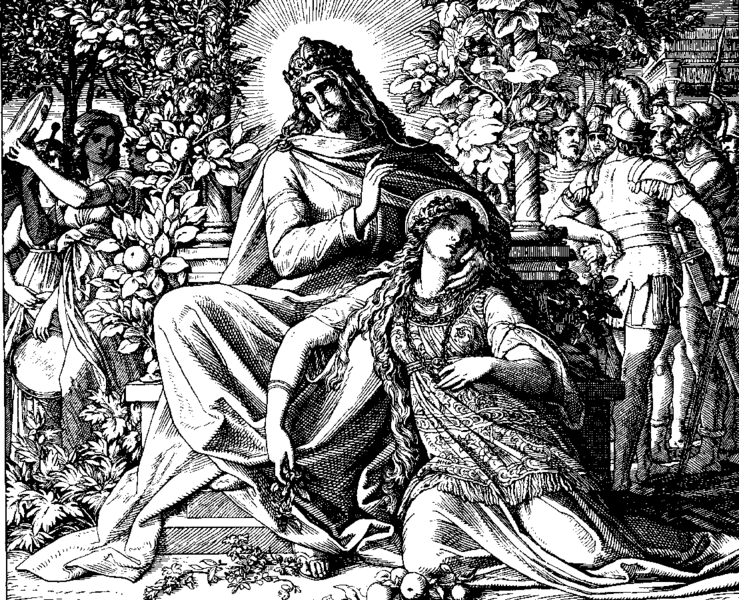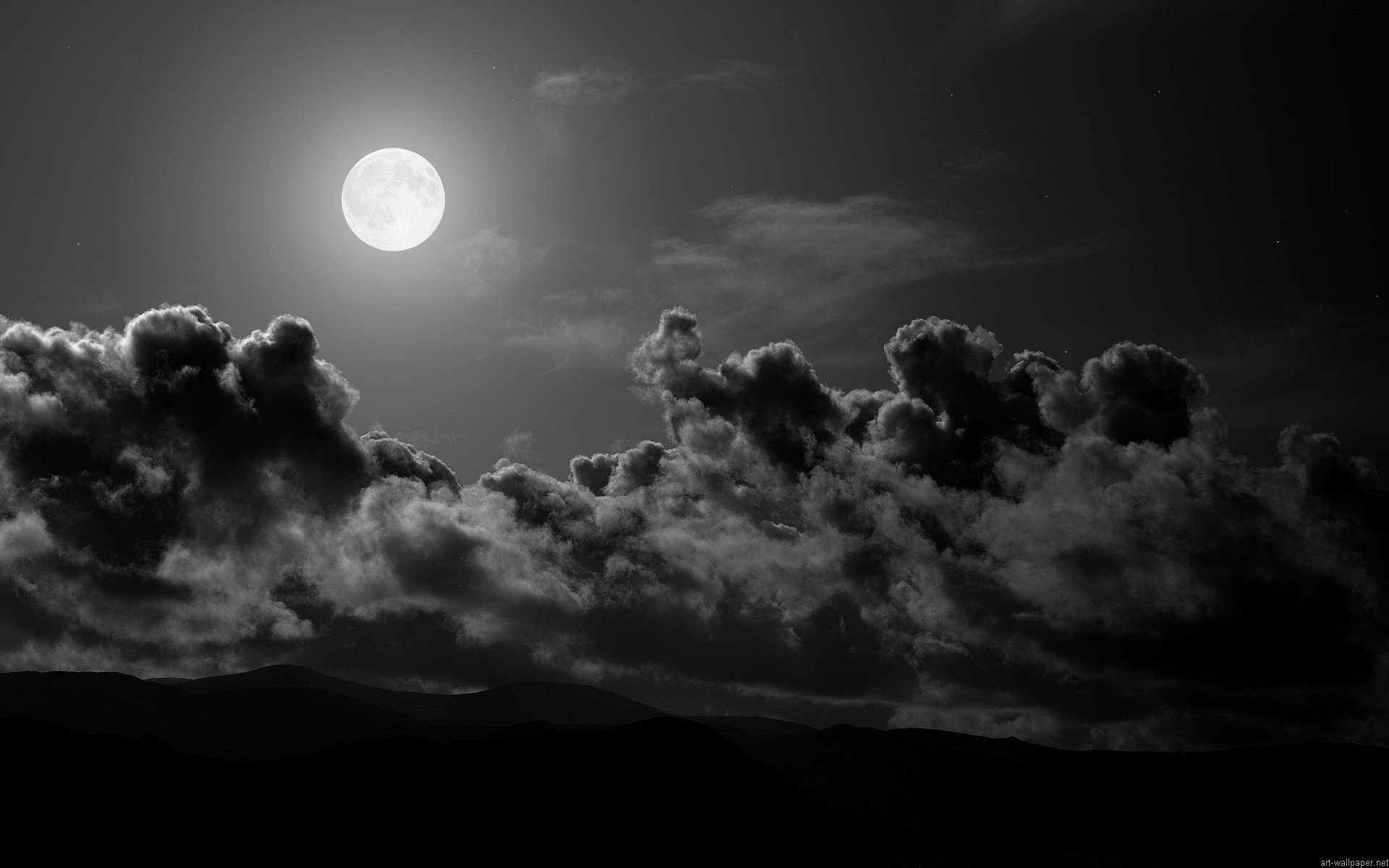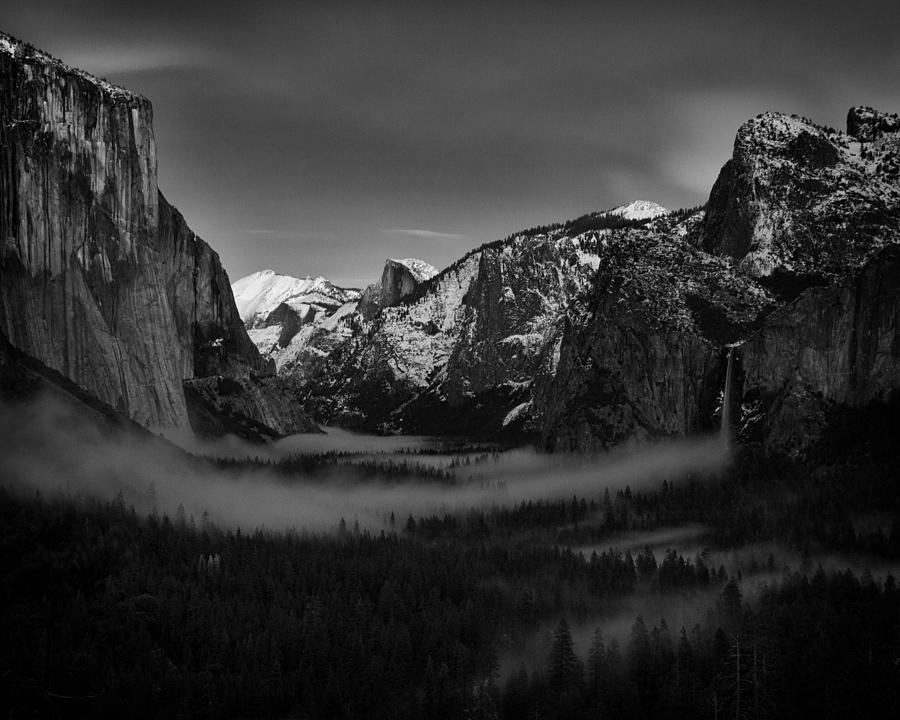A Tract Concerning the Beautifying Waters of the True Fountain of Youth
Calmly, patiently and
gratefully endure the body’s deterioration in aging; and then with greater
magnanimity thou shalt receive thy body restored in everlasting youth on the
Last Day at the general Resurrection of the living and the dead. One must pass
through the night of the body’s deterioration, in order to inherit the Eternal
Day of Restoration; that Great Day called Beauty which shall commence with that
Great Dawn called Splendour. O if only thou knew what marvels that Day will
bring, thou wouldst welcome the pangs of aging as the intensifying embrace of thy
eternal birth through She the Lady of Youth Divine. So cease thy complaining
and thy lying, for the man of God does not grow old unless he ceases to love;
for by Love Divine he grows younger at each days passing.
“Where is the fountain of
youth?” they say; it is He who lies hidden beneath the appearance of bread in
that Sacrament of Love; the same He who lies hidden beneath the soil of thy
heart. Yet so few ever come to taste such delectable Celestial Waters; even
though these Waters are available to all. O how many deteriorate not just in
body but also soul, because dying they are from dehydration of spirit? “Ho, everyone who thirsts, come to the
waters, come, and let him who is thirsty come, let him who desires take the
water of life freely without price.” (Isiah 55:1a; Rev 22:17b).
Yet how does one reach this Water
of Life when it lies hidden and buried? One must dig away at the soil that
forms a void between oneself and this Water sublime, so as to dig a well from
which one can draw and drink from such Water. Dig one does through prayer and
selfless love; a love which lingers not upon oneself, nor upon one’s own needs,
but upon God and the needs of one’s neighbours. The more one prays and loves –and
these two cannot be parted unless one wishes to toil in vain –the deeper one
shall dig; and the deeper one shall dig, the more abundantly shall the Water of
eternal youthful life gush and flow forth.
Love
Now how does one drink such
invisible, spiritual and secret, eternal water? Through love, for love is an
act of the will, and the will is the mouth of the soul; so in loving God in
prayer one shall drink; just as the gazelle may sip from the water hole, or as
an infant from her mother’s breast.
Faith
How does one draw forth such Water
from a well so deep to appear to be unreachable, undrinkable and even fanciful
and unreal? Through faith, for faith is the bucket and rope by which one can
draw forth such Youthful Waters of life. Without faith one cannot drink of this
Water, for such Water is beyond our means to reach and is incomprehensibly
tasteless to our minds. This bucket and rope called faith cannot be crafted by
human hands, for it is a spiritual gift that only God can craft and give. All
those who are baptised possess this bucket and rope of faith, yet most never
make use of it; whilst the few who do, use it sparingly and
never seek to enquire of God that He might make their rope of faith longer
and their bucket of faith larger. However there are those who implore God to do
this –either directly by petitioning or indirectly via acts of faith,
especially those acts of complete surrender to God’s Will –and such souls are
able to draw forth the deepest of Waters, Waters which are exceedingly fresher
and sweeter to the taste.
Hope
Now how much of this Water can
one drink? As much as one so desires; yet the extent of one’s desire (or thirst) for this
Water will depend upon the measure of their hope (or trust) in God; for hope is
the stomach of the soul. Thus the degree of one’s hope determines the quantity
of Water that one can drink. The smaller the stomach of one’s hope, the less
they shall desire the Water of Life, the less they shall drink, and the thus
the lesser their capacity to feast and love will be in the Eternal World to
come. However, the larger the stomach of one’s hope, the greater they shall
desire the Water of Life, the greater they shall drink, and thus the greater
their capacity to feast and love will be in the Eternal World to come.
The Varying Degrees of Beauty of the
Blessed
It can be said that all those
who are saved will shine with a youthful beauty beyond all description and imaginability;
for all the blessed would have inherited this reward from having drunk the
Water of Life from the Fountain of Youth –a necessary means of Salvation. However
although all the saved will shine with such beauty, the degree and splendour of
this youthful beauty will vary from person to person. This is because the degree
to which one drank the Water of Life –by loving selflessly in this life–is the degree to which one is transformed in the youthful
beauty of the Resurrection, a youthful beauty which is beyond the compare of
the youth and beauty we see and know here bellow. There are some saintly persons
–excluding the Virgin Mary followed by St. Joseph who both shine with a beauty
beyond all beauty –who will shine so magnificently so as to blind the angels
and even God Himself with His very own Beauty which these righteous ones shall possess
as their own. These are they who St. Louis Marie de Montfort spoke of when he
said: “Almighty God and His holy Mother are to raise up saints [in the latter
days] who will surpass in holiness most other saints as much as the cedars of
Lebanon tower above little shrubs.”[1]
Indeed the latter days are upon us, and already the first fruits of these great
saints have walked the earth among us. By God’s grace may we strive to drink the
Water of Life as abundantly as we can from the Fountain of Youth, by drinking
with the very mouth of Christ Himself in the Blessed Virgin Mary; for then we
shall give perfect glory to God by our lives.
By opening the mouth of our
will to the Water of God’s Will in each moment, we shall drink abundantly in
each moment from the Fountain of Youth. In this manner we shall fulfill His
Will to the exalted degree to which He has called us here in this life, and
therefore we shall forgo the fires of purgatory which are reserved for those
who did not thirst and thus drink from God’s Love to the degree to which they
were called. These saintly persons who will shine beyond the compare of all the
blessed, are they who not only drank abundantly from the Water of Life –the Divine
Will –but they who allowed God to envelope and drown them in His Waters Divine.
Such souls forfeited the right to give breathe to their own will, and sought
only to die to self so that God might live and reign in them. Truly this is a
fulfillment of the words of our Saviour: “Thy Kingdom come, Thy Will be done”,
for in such persons God’s Will and thus His Kingdom reign supreme. Esther (a Babylonian
name meaning ‘star’) is a typology of these the most exalted of all the saints
who shall shine like stars, for of her it is written: “For she was exceeding fair, and her incredible beauty made her appear
agreeable and amiable in the eyes of all.” (Esther 2:5), even among the
crowd of the blessed. Furthermore, concerning such saints among the saints it
is written: “She hath tasted, and seen
that her traffic is good: her lamp [the fire of her love made Divine] shall not be put out in the night…She hath opened her hand to the needy, and
stretched out her hands to the poor. She shall not fear for her house in the
cold of snow: for all her domestics [her spiritual faculties] are clothed with double garments [divinised
with the double garments of Divine Beauty and of the Strength of Divine Virtue].
She hath made for herself clothing of
tapestry: fine linen, and purple, is her covering…Strength and beauty are her
clothing, and she shall laugh in the latter day.” (Prov 31: 18, 20-22, 25).
Truly we are called to be such saints, if only we trust in God, believing that He will answer our prayers. We must bear with our false-selves, our 'old man' as St. Paul writes, since our infirmities of a deteriorating body, and a soul blemished by sin, and speckled with imperfections, are our cross and means of sanctification. St. Paul writes: "And he said to me: My grace is sufficient for thee: for power is made perfect in infirmity. Gladly therefore will I glory in my infirmities, that the power of Christ may dwell in me. For which cause I please myself in my infirmities, in reproaches, in necessities, in persecutions, in distresses, for Christ. For when I am weak, then am I powerful" (2 Cor 12:9-10). For when I am old, then am I young and beautiful.











